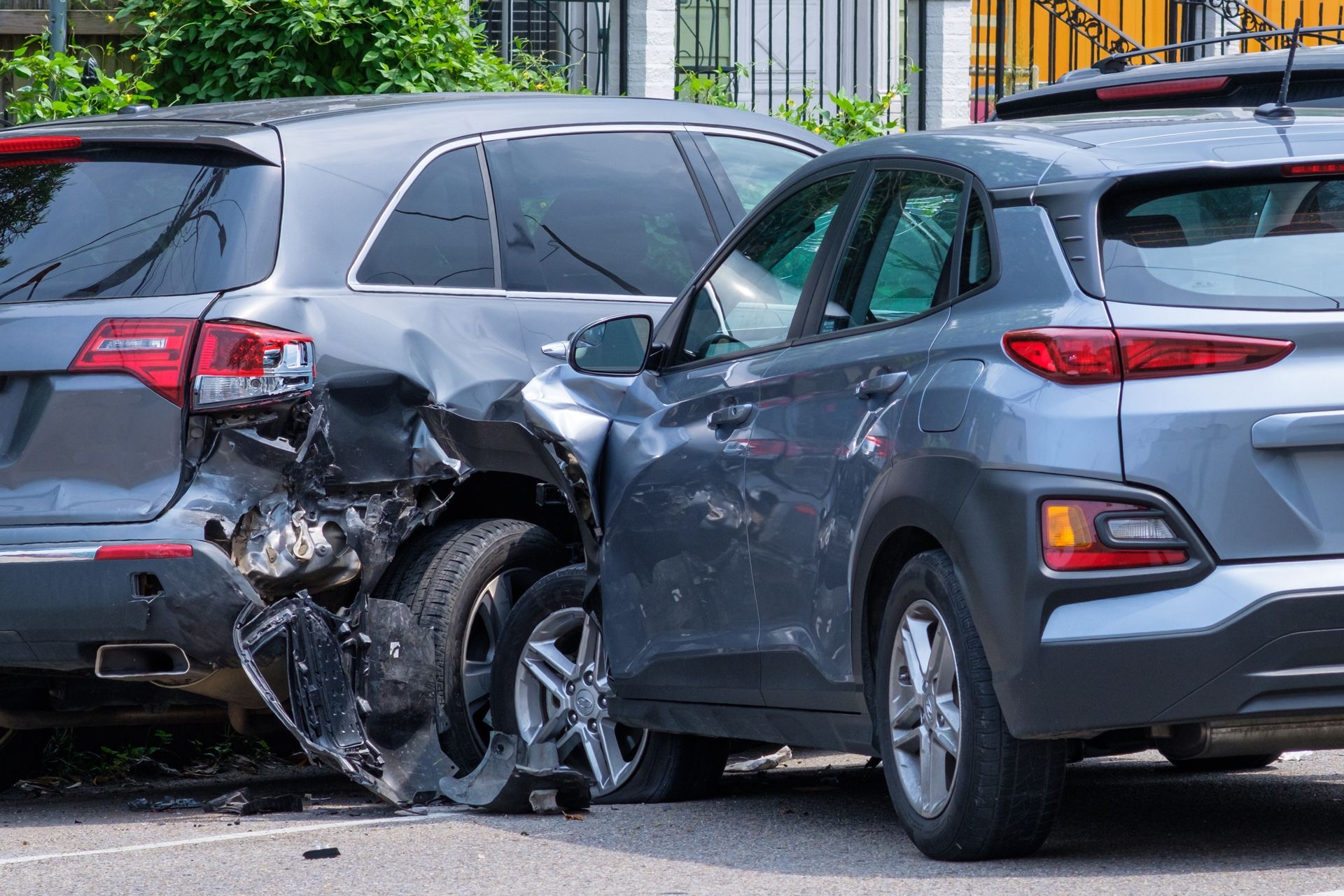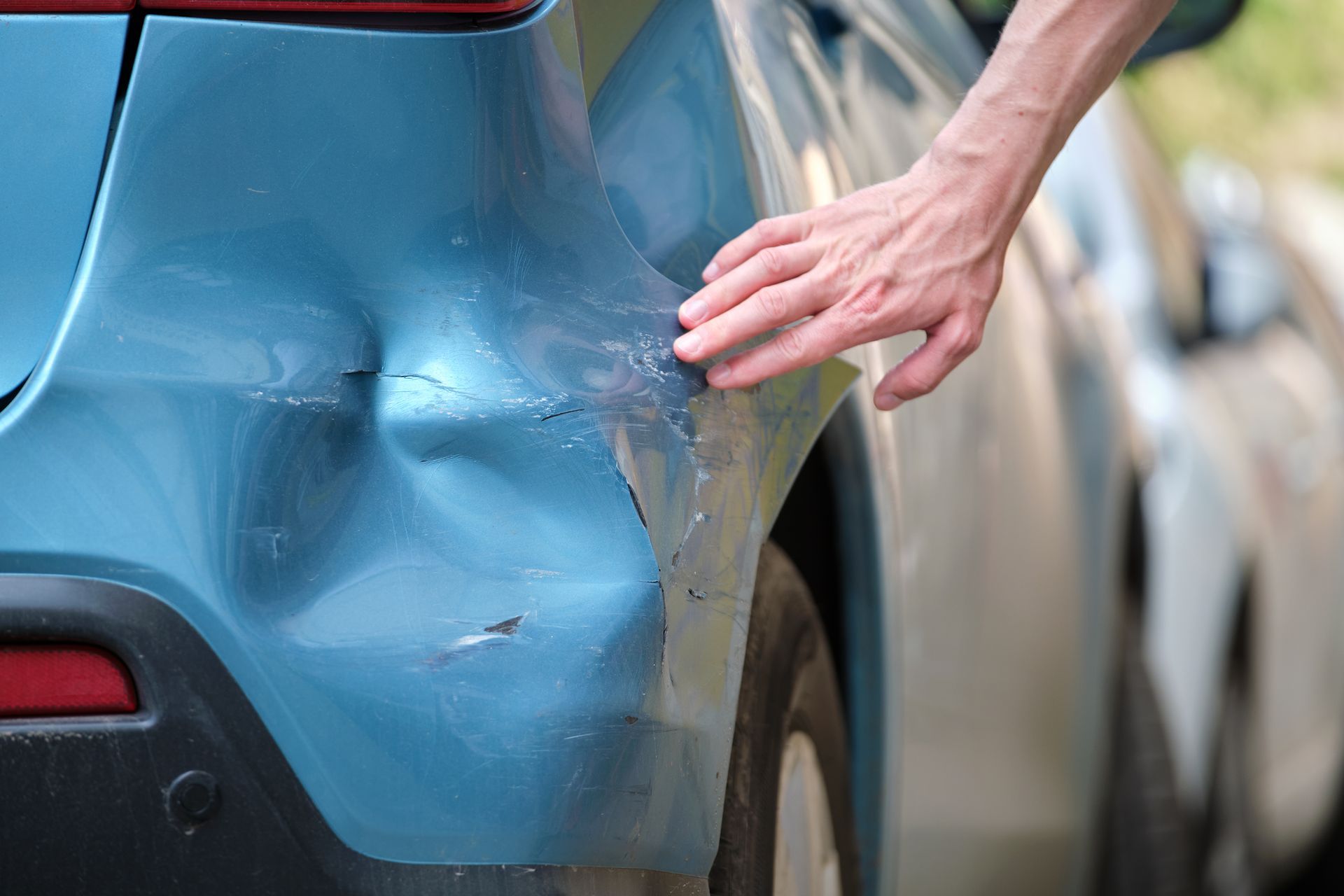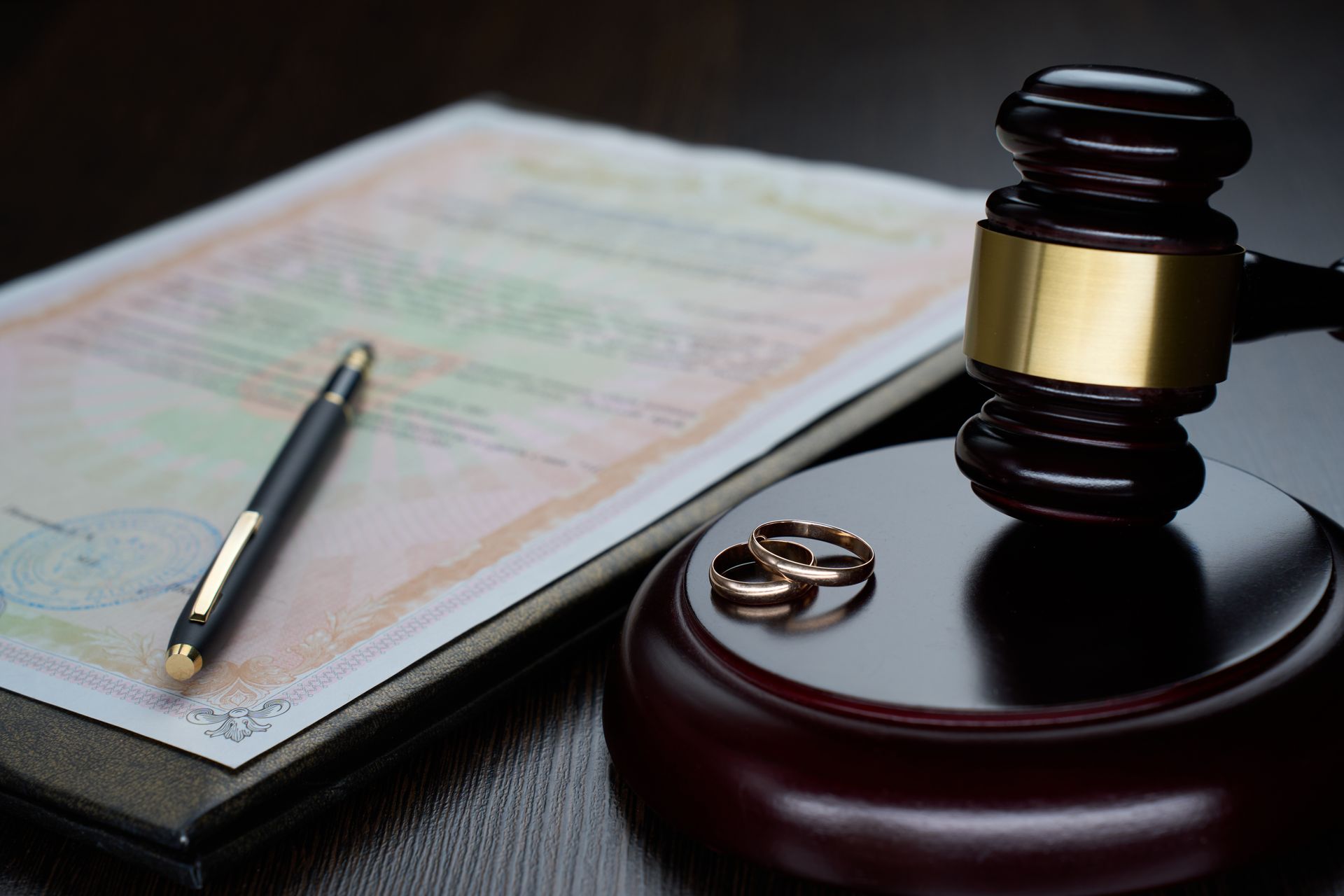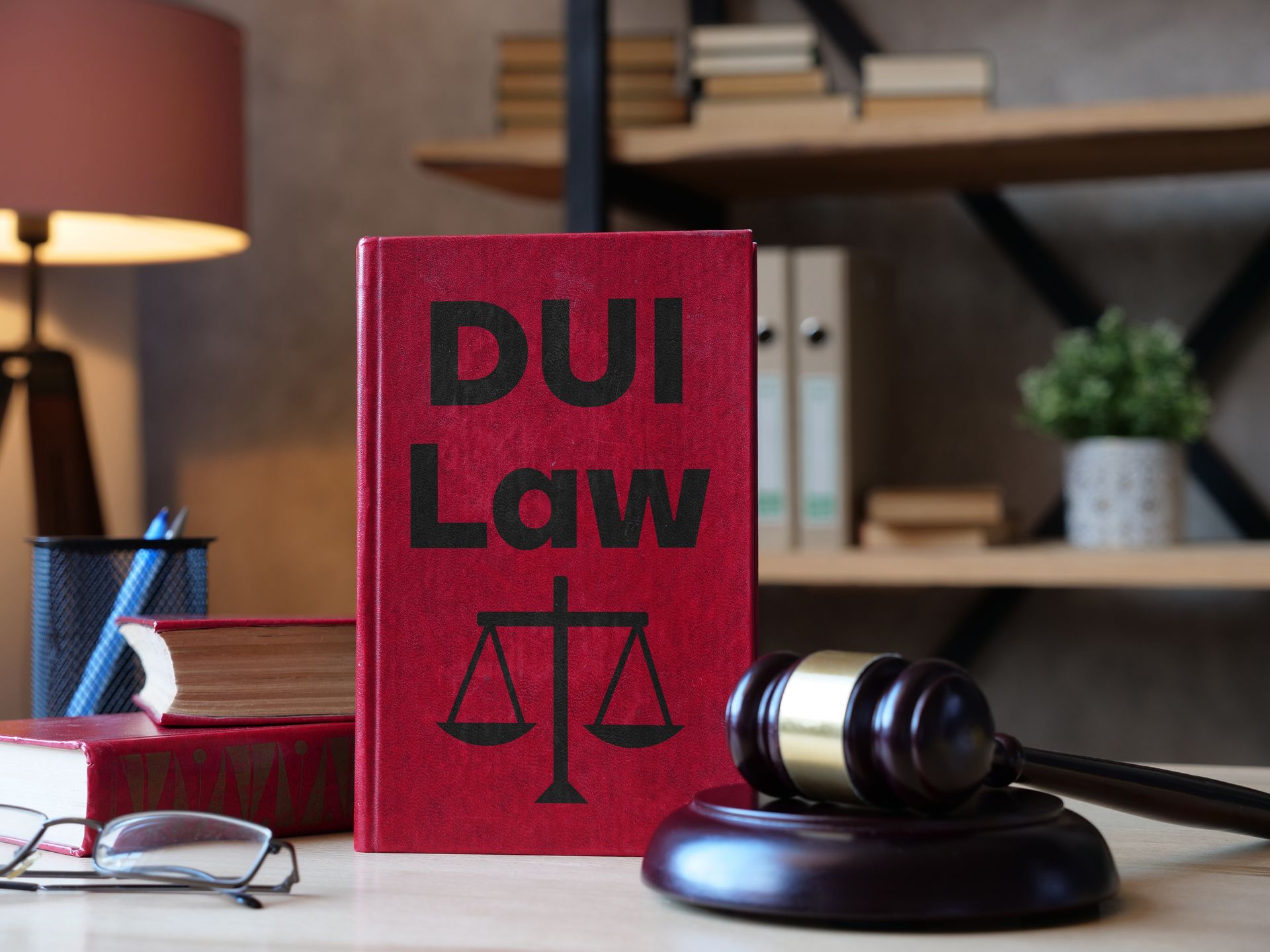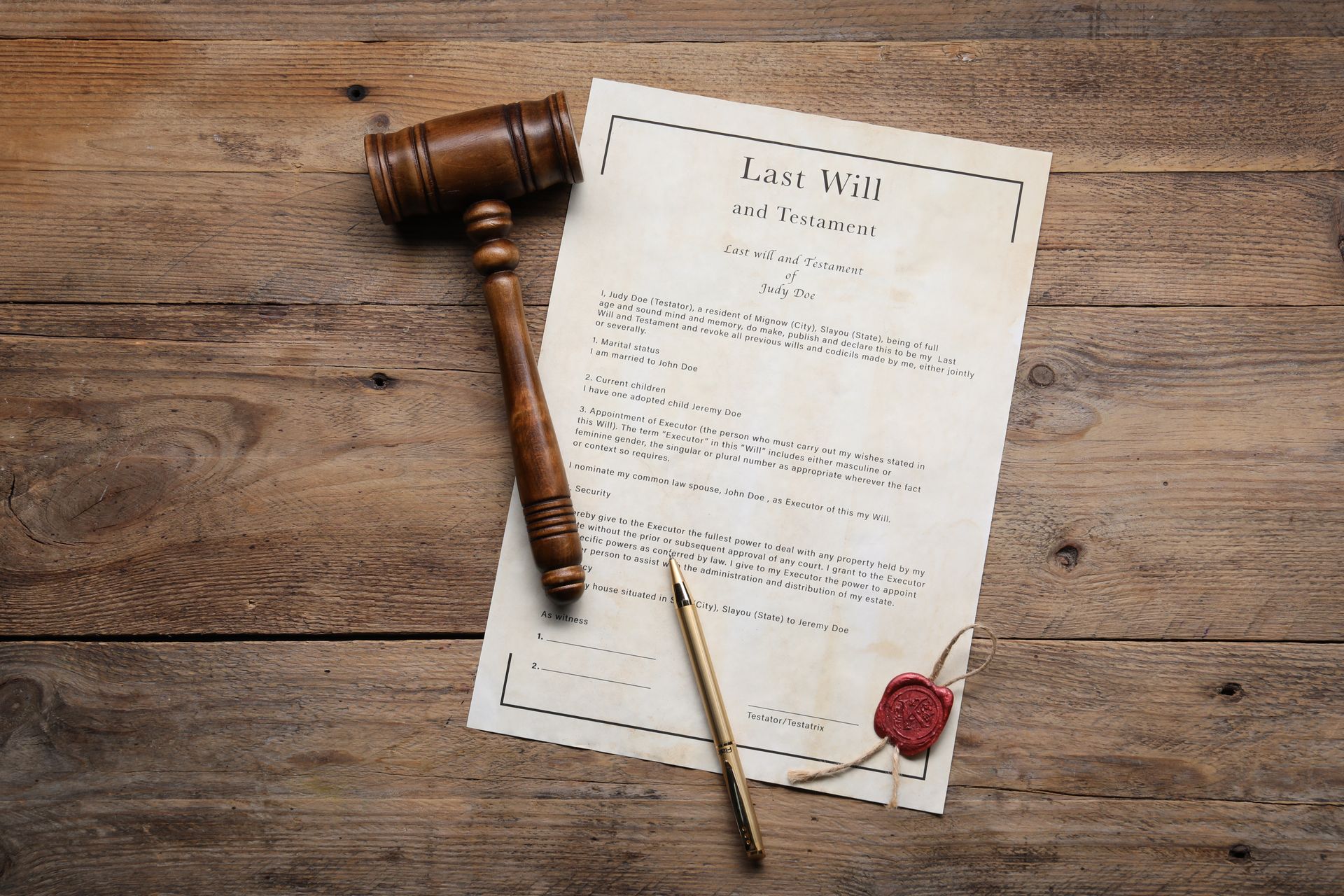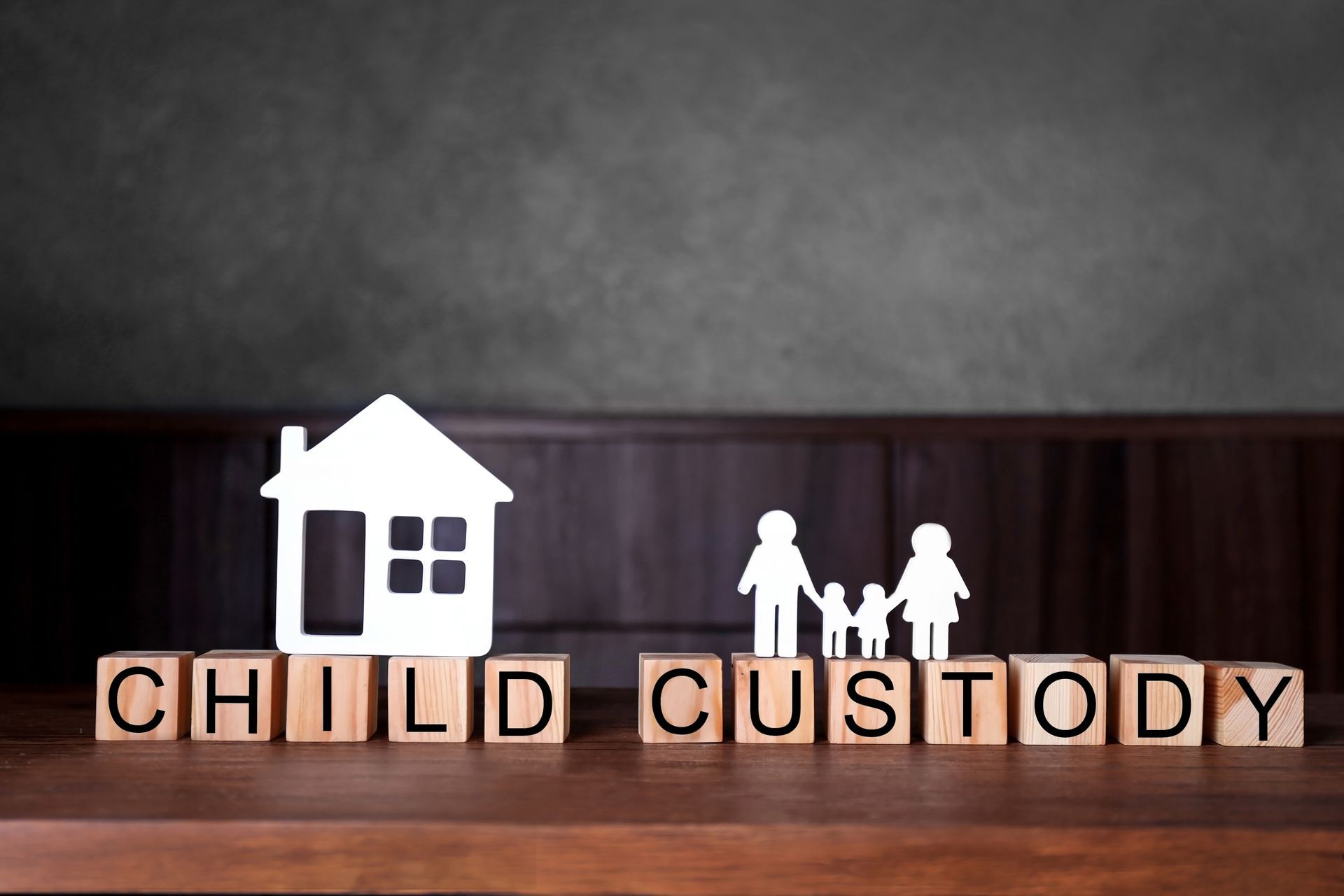What to Do After a Car Accident in Allegheny County: A Legal Guide
A car accident can turn a normal day into a chaotic one in seconds. Whether you're on your way home from work or running errands around Allegheny County, the aftermath of a crash can feel overwhelming. Between dealing with injuries, exchanging information, contacting insurance companies, and figuring out what to do next, it’s easy to make mistakes that could affect your ability to recover compensation later. That’s why it helps to understand what steps to take after an accident and how the legal process works if you need to pursue a claim.
This guide is not legal advice. For specific guidance about your situation, it's important to speak with an experienced car accident attorney in Allegheny County. Gaydos Law handles personal injury cases throughout the Pittsburgh area and can help you understand your options if you've been involved in a crash.
Stay Safe and Notify the Authorities
Your first priority should always be safety. If you're able to move, check on your passengers and others involved. If anyone is injured, call emergency services right away. Even in what seems like a minor fender bender, contacting law enforcement is a smart move. A police report provides a written record of the incident, which can become an important part of your case later. It may help to clarify fault and details if there are questions from insurance companies or attorneys.
In Pennsylvania, you’re legally required to report an accident if there’s an injury or significant property damage. Failing to report it could cause problems with your insurance claim or lead to legal trouble. In Allegheny County, local police or Pennsylvania State Police will usually respond, depending on where the crash occurred.
Document Everything You Can
After making sure everyone is safe and help is on the way, try to gather as much information as possible. This includes the name, address, phone number, license plate, and insurance information of the other driver. If there are any witnesses, ask for their contact information too. Take photos of the vehicles, the road conditions, any skid marks, traffic signs, and your injuries, if applicable.
Many people assume the police report will cover all the facts. While helpful, these reports can sometimes miss small details. Your own photos and notes can help fill in those gaps and give your attorney a clearer picture of what happened.
Seek Medical Attention as Soon as Possible
It’s not uncommon to feel fine immediately after a collision, especially with the adrenaline rush that comes from a sudden impact. But some injuries, like whiplash, concussions, or internal trauma, may not show symptoms right away. Waiting too long to seek treatment can hurt your health and weaken your claim. Insurance companies may argue that your injuries weren’t serious or related to the accident if you delay care.
Even if you think your injuries are minor, it's wise to get checked by a doctor. Medical records create a clear link between the accident and your injuries, which can be important if you pursue a personal injury claim later. If you're unsure where to go, your primary care physician, an urgent care clinic, or a hospital can all provide initial evaluations.
Notify Your Insurance Company Promptly
Pennsylvania follows a no-fault insurance system, which means your own insurance policy may cover your medical expenses regardless of who caused the crash. However, that doesn’t mean fault is irrelevant. If your injuries are serious enough to qualify for a liability claim, determining who was responsible becomes important.
Call your insurance company as soon as possible to report the accident. Be honest about what happened, but avoid speculating or accepting blame. If the other driver's insurance company contacts you, it's best to avoid giving a recorded statement until you've spoken with a car accident attorney. Insurers may try to minimize your claim or use your words against you to avoid paying full compensation.
Understand Pennsylvania's Comparative Negligence Law
Pennsylvania uses a modified comparative negligence rule. This means that if you’re partially at fault for the accident, your compensation could be reduced by your percentage of fault. If you’re found to be more than fifty percent responsible, you may be barred from recovering damages altogether.
Let’s say you’re found twenty percent at fault because you were slightly over the speed limit, but the other driver ran a red light. You might still be able to recover compensation, but it would be reduced by that twenty percent. Understanding how this rule works is key in evaluating the value of your case and what legal options are available.
Why You Might Need a Car Accident Attorney in Allegheny County
Not every accident requires legal help. But if you've suffered injuries, missed work, or are being blamed for something you didn’t cause, speaking with a car accident lawyer can help protect your interests. An experienced attorney understands how to evaluate medical records, analyze police reports, and communicate with insurance adjusters. They can also help you navigate the complexities of Pennsylvania’s no-fault laws and pursue additional compensation if your injuries meet the state’s serious injury threshold.
The team at Gaydos Law has handled thousands of personal injury cases across the Pittsburgh region. Based in White Oak, they serve clients throughout Allegheny County and the surrounding areas. Their focus is on helping people understand their rights and guiding them through what can often be a stressful and complicated process.
Keep Track of Expenses and Missed Work
If you plan to file a claim, documentation is key. Keep records of all expenses related to the accident, including medical bills, prescription costs, property damage, and any time you’ve missed from work. Your attorney can use these records to help calculate your losses and determine what types of compensation might apply.
In Pennsylvania, accident victims may be entitled to damages for medical treatment, lost wages, pain and suffering, and property damage. The specific amount will vary based on the details of your case. Again, it’s important not to assume anything. Every situation is unique, and general information online may not reflect your individual circumstances.
Be Mindful of Legal Deadlines
Pennsylvania has a statute of limitations that applies to personal injury cases, including car accidents. In most cases, you have two years from the date of the crash to file a lawsuit. Missing this deadline can result in your case being dismissed entirely. While two years may seem like a long time, building a strong case takes time. The sooner you start the process, the better your chances of success.
There are also shorter time limits if the claim involves a government vehicle or public agency. This is another reason to consult with a local car accident attorney who knows how the rules apply in Allegheny County and beyond.
Let a Legal Team Guide You Through the Process
The legal system can be confusing, especially when you're dealing with injuries and trying to get your life back on track. An attorney who focuses on personal injury cases can handle the paperwork, communicate with insurance companies, and help you avoid the pitfalls that could hurt your claim. You're not expected to know everything about the law. That's why it's worth talking to someone who does.
Gaydos Law brings more than three decades of experience to personal injury law. Their firm has recovered millions on behalf of clients and remains committed to helping people across Allegheny County who have been injured due to someone else's negligence. Whether you're dealing with a minor collision or a serious injury, it's worth scheduling a consultation to understand your options.
This article is for informational purposes only and is not legal advice. To discuss the specifics of your case, contact a licensed attorney at Gaydos Law by visiting their website or calling their White Oak office.
